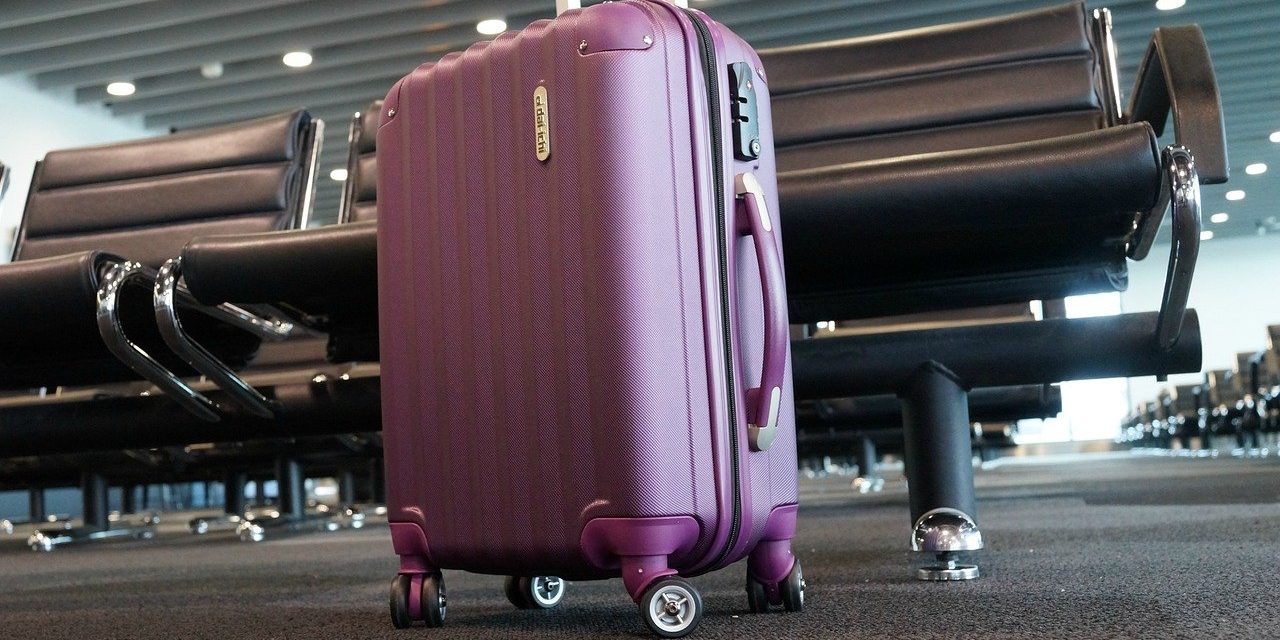- Class-action lawsuits targeted cybersecurity, worker rights in 2021 - December 31, 2021
- Ponzi scheme class-action lawsuit an ‘inventive’ brand of litigation - December 20, 2021
- Failing to adequately safeguard data results in $3.44M settlement - November 30, 2021
By Tony Poland, LegalMatters Staff • A lawsuit targeting Westjet baggage fees that were charged between 2014-19 should be a novel test of the Competition Act, says Toronto class-action lawyer Margaret Waddell.
The class-action lawsuit, which was certified earlier this month by British Columbia’s Supreme Court, also claims the Airline breached the terms of its contract by charging a $25 baggage fee during a period when customers did not have to pay for their first checked bag. The allegations have not been proven in court.
“The plaintiff claims that, by charging fees for baggage carriage in a manner contrary to WestJet’s own tariffs, WestJet violated the Competition Act, breached its contract with its customers, and was unjustly enriched,” the judgment reads.
The claim was brought “on behalf of all individuals residing anywhere in the world who travelled on a fare-paying itinerary on a WestJet-operated flight and paid a fee for their first checked bag,” during the proposed class period, the Court was told.
Straightforward claim
Waddell, a partner with Waddell Phillips Professional Corporation, says the WestJet claim is fairly straightforward with a plaintiff who believed “they were buying into one thing, but being charged at a different rate.”
“Airport tariff cases are complicated because this is an entirely different regime than most of us are familiar with. Kudos to the people who figured this one out,” she says.
“Here, they are claiming WestJet had inconsistency in its language. In one spot it stated the first bag is free and in another, there was a charge,” says Waddell, who is not involved in the case but comments generally. “However, in addition to the traditional breach of contract claim, they are saying the terms of the contract violated the Competition Act. That will be a novel argument.”
She explains that under the law if there are two price tags on an item, the vendor must charge the lower rate.
Asking for a broader interpretation
“They will be pushing the envelope with this argument. We’re not talking about an actual price tag on an item, but what’s represented online or in the tariffs about their charges,” Waddell says. “This lawsuit is asking for a broader interpretation of the legislation than was likely intended when it was drafted. But it is consistent with the electronic world in which we live.
“It doesn’t fit easily, but it doesn’t mean the argument is wrong,” she adds. “It just means the plaintiff will have to break some fresh ground.”
She says airline contracts and their tariffs can be “impenetrable” to the average consumer.
- Every privacy breach is serious in the eyes of the law
- Game on! in a potential legal battle in Canada over loot boxes
- Representative plaintiffs ought to be rewarded for their efforts
“The contracts can be confusing, and many travellers don’t know where to go to look for the terms of the agreement. Moreover, the conditions are found in different tariffs, depending on whether you are travelling within the country or internationally,” Waddell tells LegalMattersCanada.ca. “It can be a really challenging piece of sleuth work just to figure out what the airline is entitled to charge. This ticketing system creates a genuine barrier to the average customer being able to challenge what they think is an overcharge.”
She says it is not unusual for a customer to get to the ticket counter and be told they are being charged a fee they didn’t believe they had to pay.
“Most people will grumble and pay, so they can get on their flight; but they will not be proactive about investigating the charge, afterwards” Waddell says. “However, it can be worthwhile to actually go back and do some due diligence to determine whether or not the charge was appropriate.”
Agreement complaints
She says consumers “often complain about the terms of agreements of large corporations, whether they are air carriers, cell phone providers or cable companies.”
Many times, the average person cannot be bothered to attempt to decipher the terms of a complicated contract if the fee is nominal, allowing situations such as overcharging to go unchecked for years, she says.
“That’s the beauty of the class action,” Waddell explains. “You just need one person to take the time and energy to examine whether it’s a sloppy mistake or whether a company has been overcharging for years. In the end, it can benefit every customer.
“It can take a class action lawsuit before an organization will fix their agreements. Hopefully, this claim will motivate other air carriers to examine their tariffs to ensure they are compliant, as well,” she adds.

